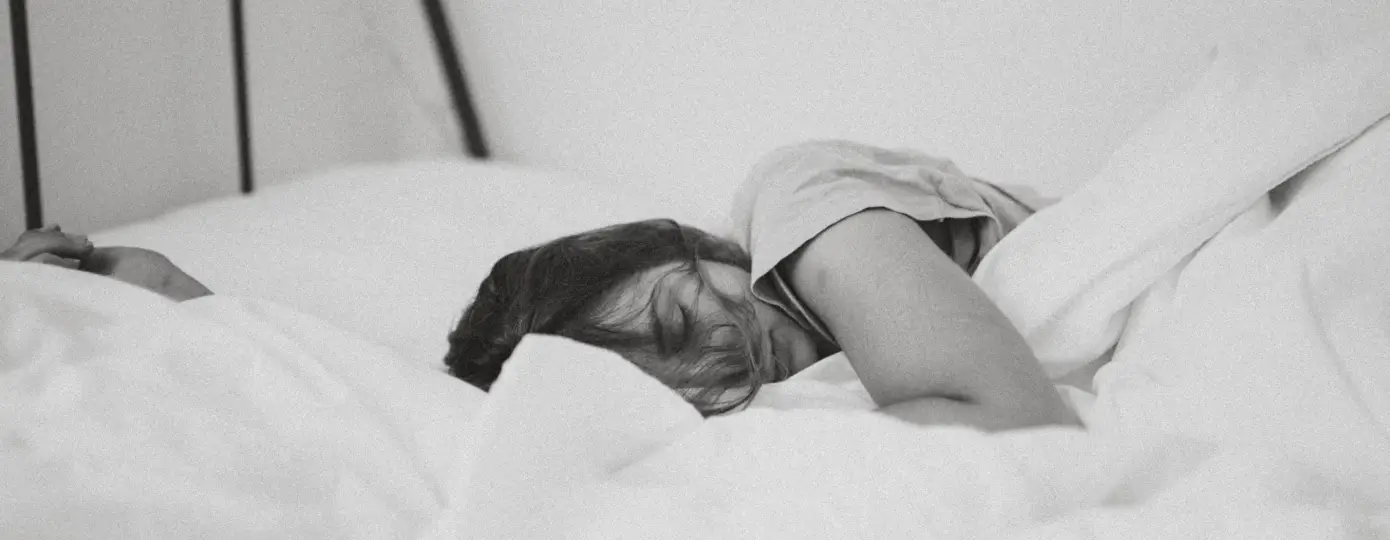
Find your FAQ`s to our Sleep consulting
Our method
I completed my training to become a certified sleep consultant for babies and children using the SleepSense™ method in 2021.
I have further developed the procedures I learned and made them suitable for me personally. My method does not include the Ferber method according to „Every child can learn to sleep“ and does not include controlled crying. It is important to me that you and your baby are doing well with this approach. That’s why I approach learning to sleep in my consultations in small individual steps.
One of the most frequently asked questions I receive as a sleep consultant concerns one of the most discussed topics in the field of sleep counseling: „crying“. Some parents find it very difficult to let their child cry, which is only natural. As a parent, you want to protect your child, and I would never ask you to ignore your child’s crying or treat your baby’s emotions and needs lightly.
However, in the course of sleep counseling, babies cry to protest the change. And if you are reading this, it is very likely that this is exactly what your child needs, a change to do with their sleep situation. Unfortunately, our brain, our mind, does not care about what is good for us, but what is familiar to us. So a change to the previous sleep situation, even though it goes hand in hand with love and is for the best, is initially „hated“ by the brain.
Because we will create an individual sleep plan for your child together, I will not impose a rigid solution on you. This plan is adapted to your situation and your needs. I am also very emphatic and will accompany you during our work together to motivate you and give you situational, professional advice.
No!
Steffi and I are trained in gentle sleep learning methods that aim to reduce crying as much as possible.
There are certainly families for whom this method is an effective sleep learning method, but most families who contact Sleepystar are not comfortable with letting their child cry for long periods of time, or have already tried CIO without success.
Our goal is to provide you with methods that will allow you to emotionally support your child while you change their sleep habits. This does not mean that your child will stop crying altogether. Change is difficult for all of us, especially for babies and young children. However, we will try to minimize the protest as much as possible and make sure that the bond with your child remains secure and even grows.
Please choose
a topic
Breastfeeding/weaning
Yes of course! We also help families who want to continue breastfeeding their babies or give them a bottle. At night and/or during the day. Weaning at night is also not absolutely necessary.
We don’t want to overwhelm your baby during this time, and your feelings also play a big role here. I would advise against weaning completely in the course of sleep counseling. However, it is possible to reduce night-time breastfeeding or eliminate night-time feeds.
Consulting services
We are individuals, so the acceptance of change is different for everyone. While some children learn new sleeping skills after just a few days, it takes longer for others. In most cases, thanks to my close support, your child will have learned to sleep on their own by the end of the two to three weeks and will have acquired healthy sleeping skills.
Our counseling services are differentiated by age, as each age brings its own individual challenges.
Within each age group, we offer different counseling packages depending on the desired intensity of support.
These advisory services are based on years of experience in working with families. We are aware of the financial investment, but that is exactly what it is: an investment in your child’s sleeping habits for a happier, more rested and relaxed family life. I don’t believe in one-to-one conversations without first analyzing your situation in detail, nor in a few tips on the side, because not only your child, but also you are learners in this process and as a learner you always have questions.
First of all: no plan is set in stone. We are in daily communication and many roads lead to Rome – your sleep goal.
We have made it our mission to help you achieve your sleep goals and we will do everything we can to help you sleep successfully. In most cases, sleep goals can be achieved within 2 to 3 weeks. Rarely, however, it may take a little longer. If you have been consistent and committed to your sleep plan, but we have not seen the consistency in your child’s sleep behavior that we expected by the end of the support, we may decide to extend the support free of charge to help you achieve greater consistency.
Although sleep success may vary from family to family, we are committed to helping you achieve the best sleep behavior for your child!
Independent sleep skills
At Sleepystar, falling asleep independently means that your child knows what to do to fall asleep. This process of falling asleep requires self-regulation skills, which some children are more blessed with from birth than others. Being able to fall asleep independently also means that your child does not necessarily always need you to fall asleep.
Falling asleep independently is one of the basic prerequisites for linking sleep cycles, i.e. continuing to sleep independently at night and during the day.
Falling asleep independently does not always mean falling asleep alone.
This is exactly what we will be working on during our consultation period (and certainly also on a few other small pillars). My job is to get to know your situation, you and your child so that you have individual advice at your side that you are happy with.
Basically, baby and child sleep is very active and loud :-).
If your child tosses around in bed and doesn’t cry, let them do it, sit back and observe.
If your child tosses and turns for longer than 15/20 minutes when falling asleep, I would first check whether you have age-appropriate waking phases and an age-appropriate amount of daytime sleep.
It is also important to develop and establish an age-appropriate routine that offers time to snuggle down.
The right time to start
There is no perfect age for a child to learn to sleep. The earlier your child learns healthy sleep habits, the longer you will benefit from quality sleep. That’s why you can start introducing healthy sleep habits the day your baby comes home from hospital. That’s why we already offer sleep advice for newborns.
Every age brings its own challenges, but progress is possible at any age. The best time to make a change is when you feel that what you are currently doing is no longer sustainable. We sleep consultants at Sleepystar will help you to find out which changes are best suited to your child’s age and stage of development.
We want to make it as easy as possible for your child during the sleep learning process. Therefore, we do not consult shortly before or during a settling-in period, during vacations/weekend trips or if a vaccination takes place shortly before or during the consultation. Moving house or the imminent birth of a sibling are also very exciting times. Such things put a strain on your child and make learning something new unnecessarily difficult.
Yes, we work with many babies and toddlers who are in external care. Standardized sleeping times and locations are helpful, but not possible in every situation. Where appropriate, we will inform the childminder or nanny of your child’s sleep schedule and sleep goals and do what we can to simplify sleep arrangements as much as possible.
SLEEPING ENVIRONMENT
No, of course not!
The clear recommendations of the American Academy of Pediatrics advise parents to sleep with their babies in the same room for up to one year. For at least six months, the AAP recommends that newborns sleep in the same room as their parents, but in a separate bed next to the parents‘ bed.
The AAP recommends room sharing until the baby is one year old because it reduces the risk of sudden infant death syndrome by up to 50%.
The darker and less stimulating the environment, the better, usually applies.
Until your child is dry at night and can go to the toilet themselves, a reddish night light that does not inhibit melatonin production can be useful.
Siblings
Yes, that is possible. We will discuss the situation and are sure to find a solution for your children.
The more family members who sleep badly, the more stressful this situation can become because you can’t share as a mom.
My advice would be to address your children’s sleep problems in good time, not just before the birth of a sibling and not just after the birth of a new family member.
I wouldn’t see this situation as an opportunity to put your toddler in a bed that they can get out of themselves. Clear recommendation: crib until at least 3 years old. Otherwise mice are often overwhelmed by the space that is suddenly available.
Furthermore, it is the bed of your first and still very small child and I would not associate the new sibling with the thought „I had to give him my bed“.
If your child is old enough for an floorbed, you can organize a new bed 6 months before the arrival of the new family member – so there is some time in between.






